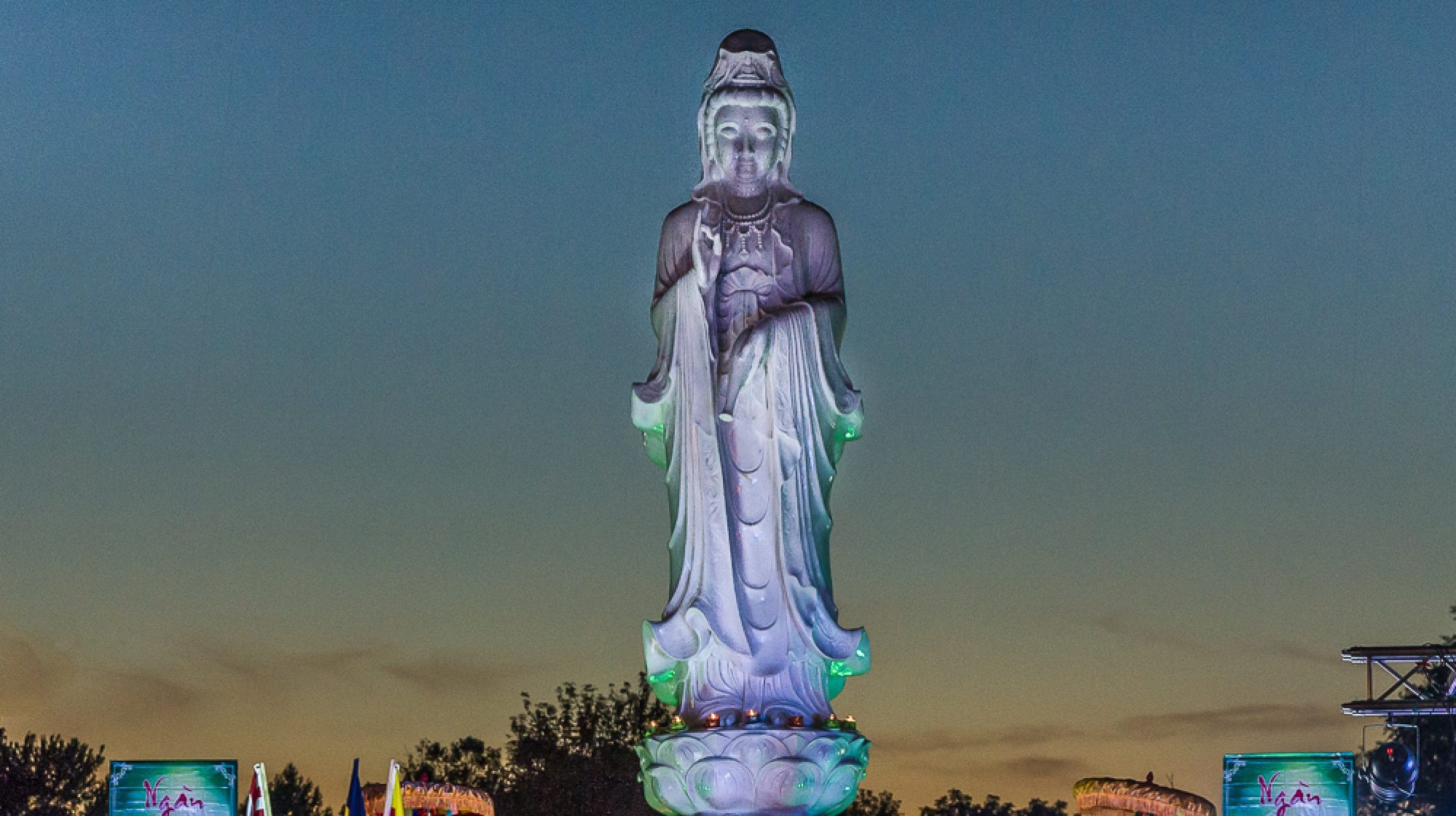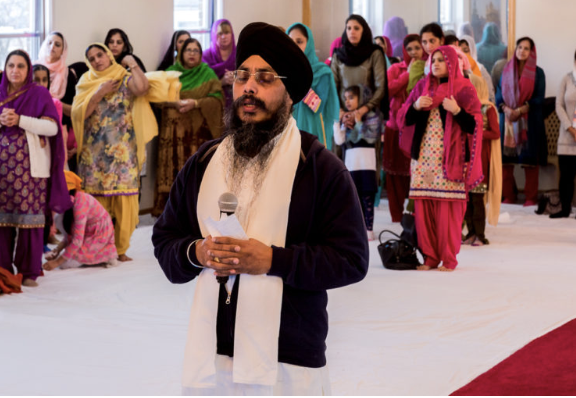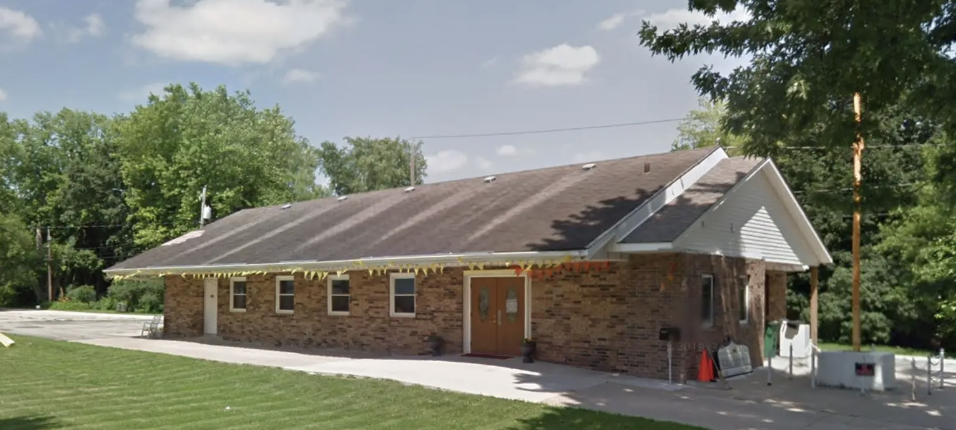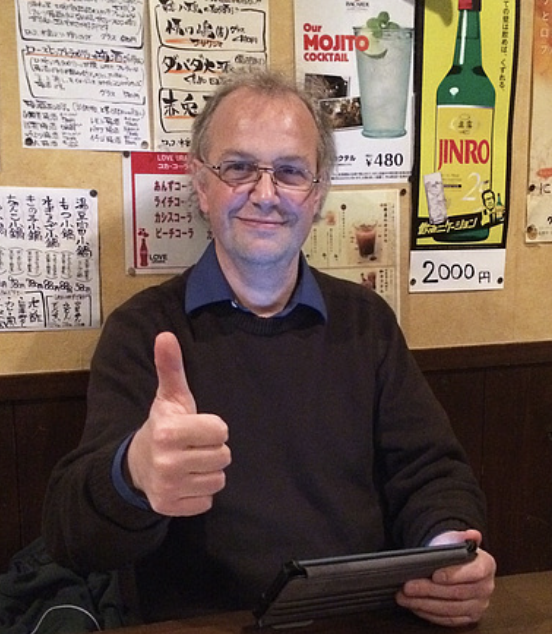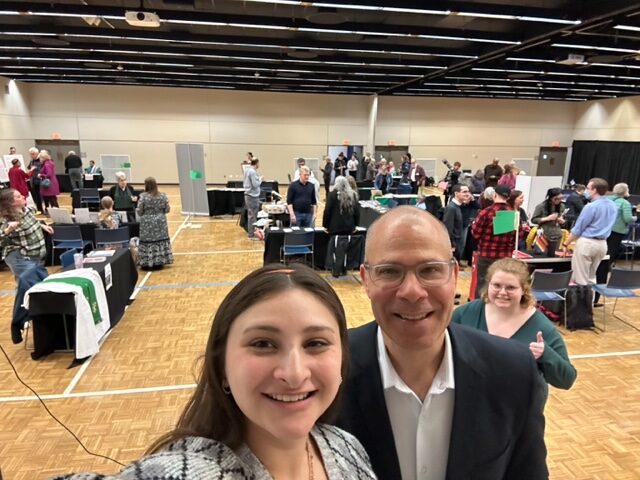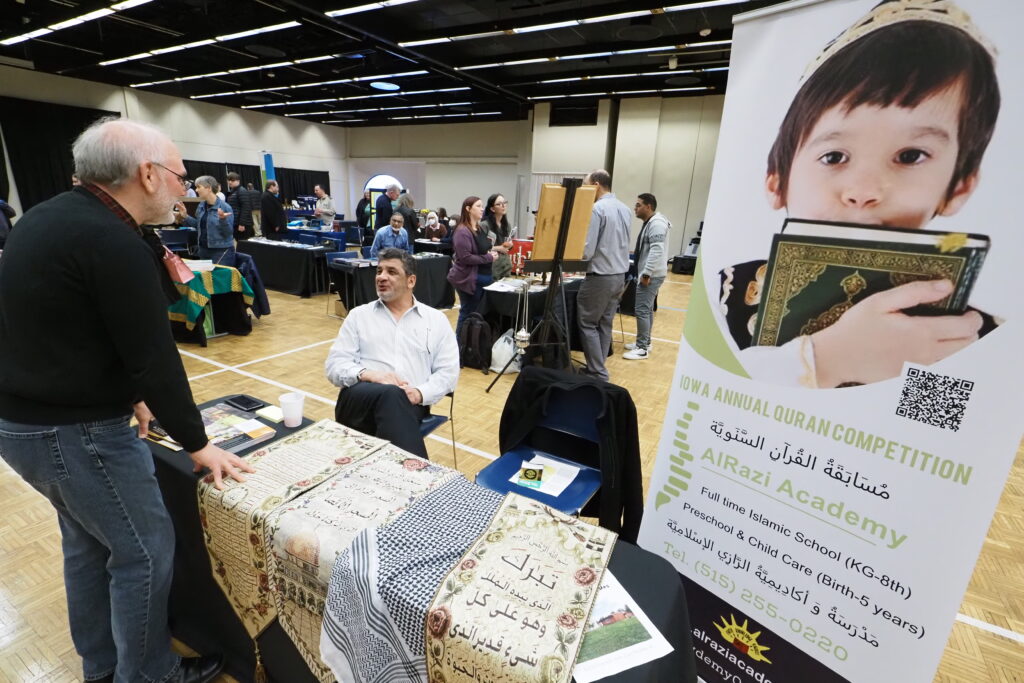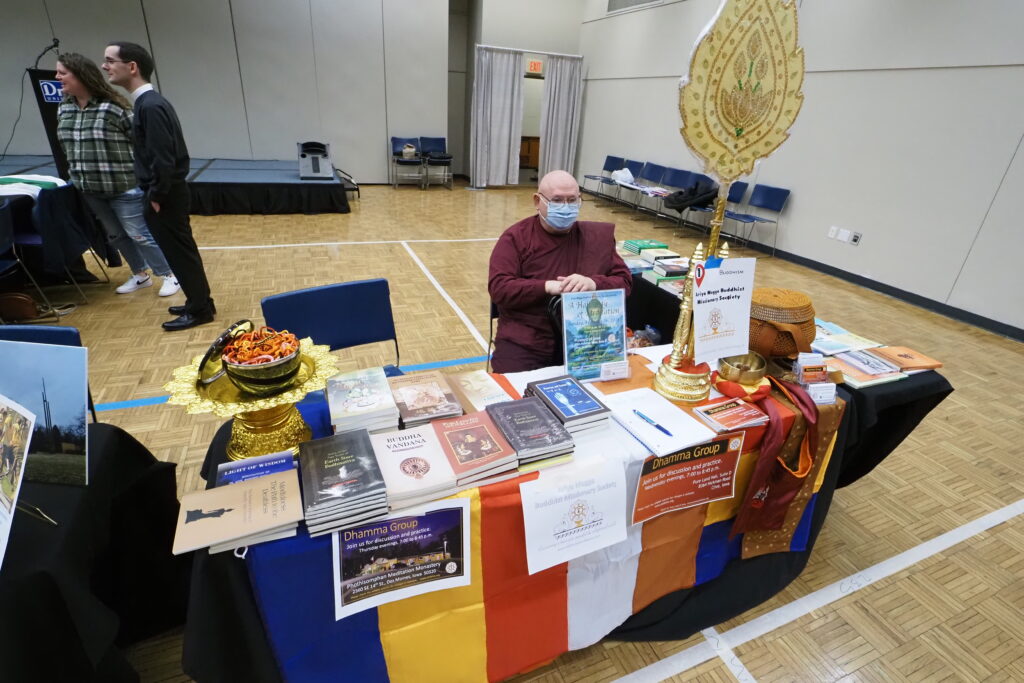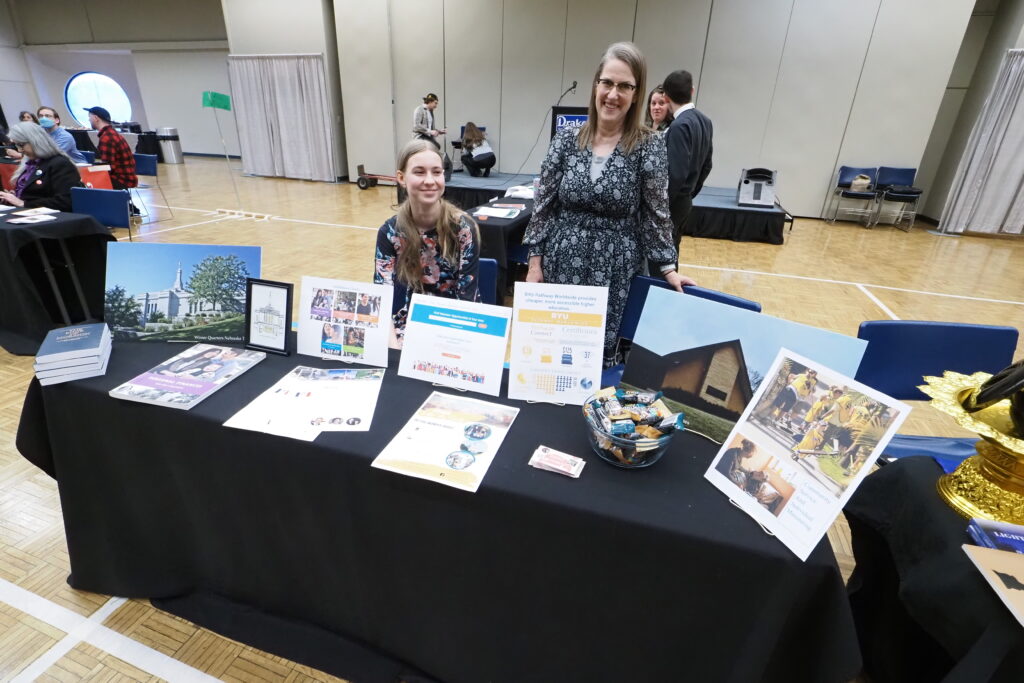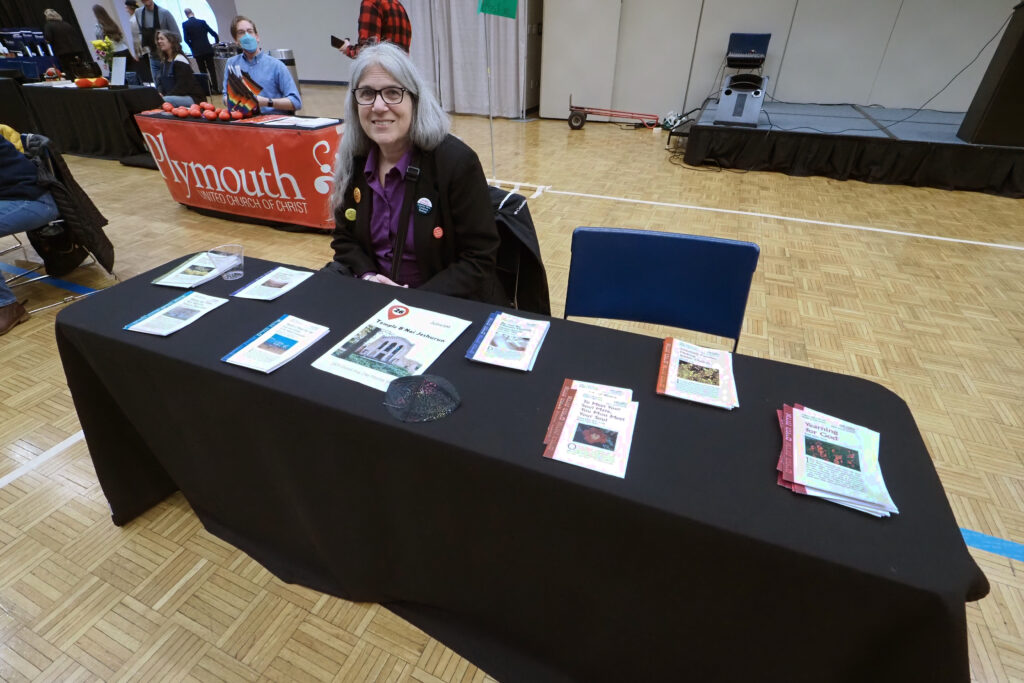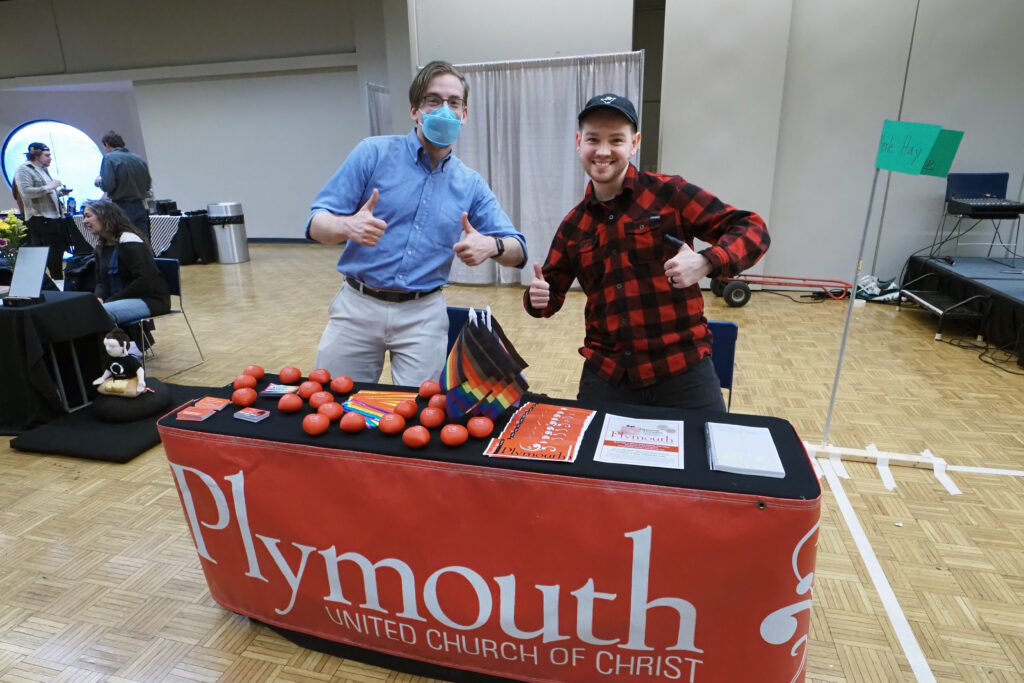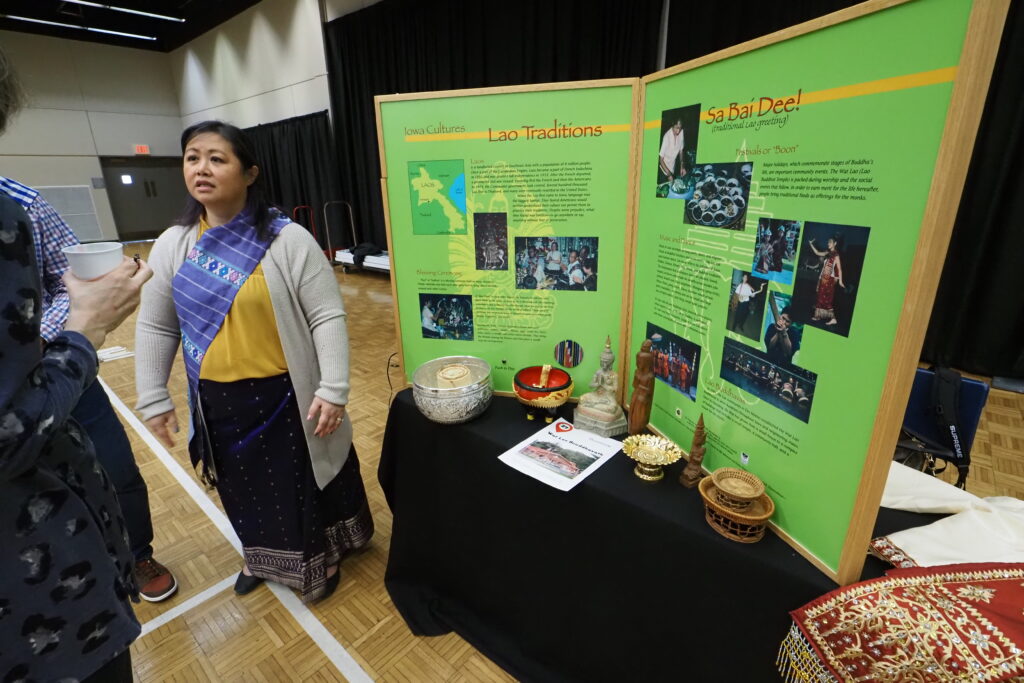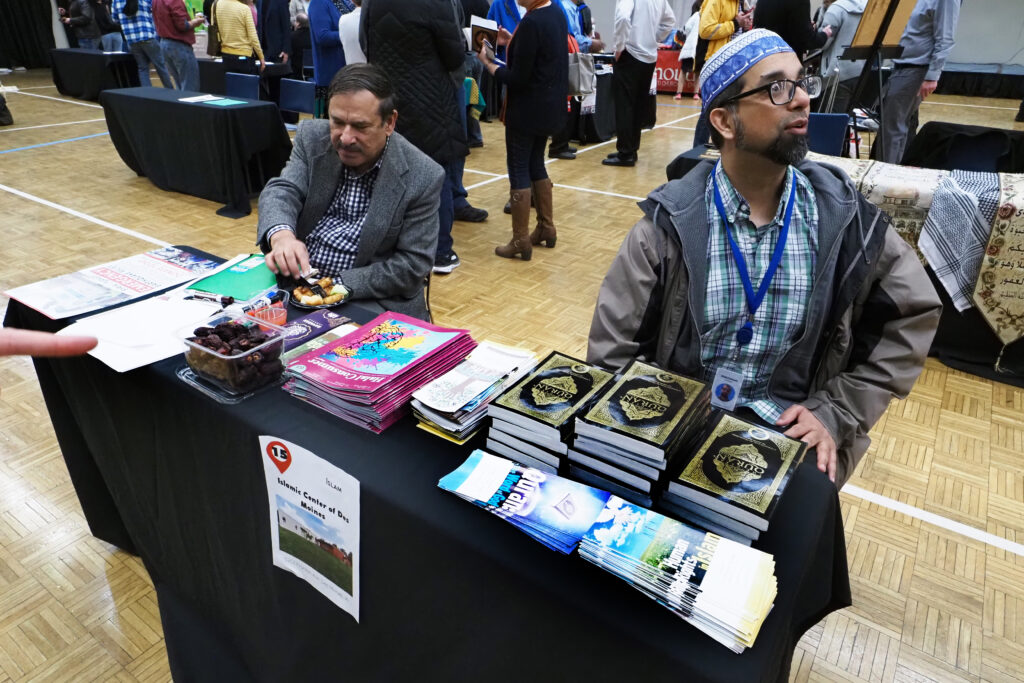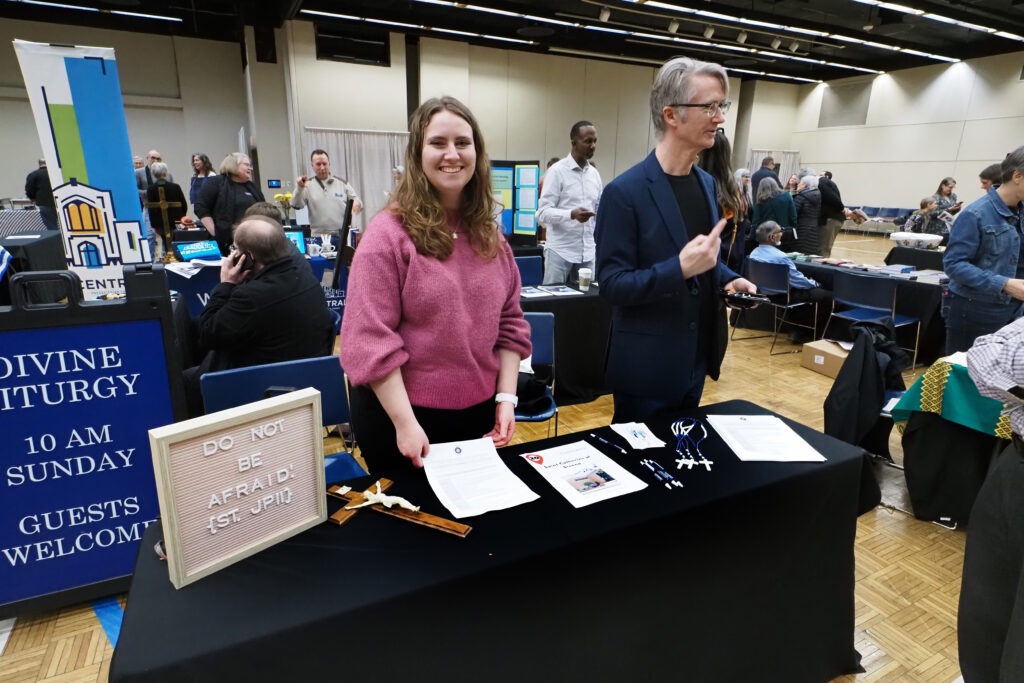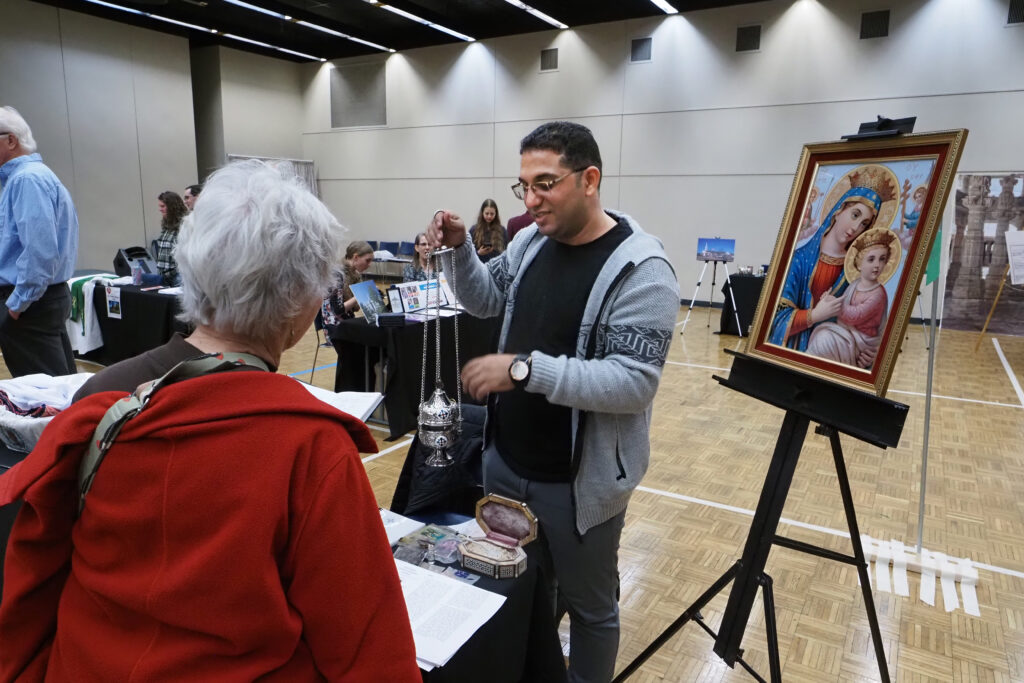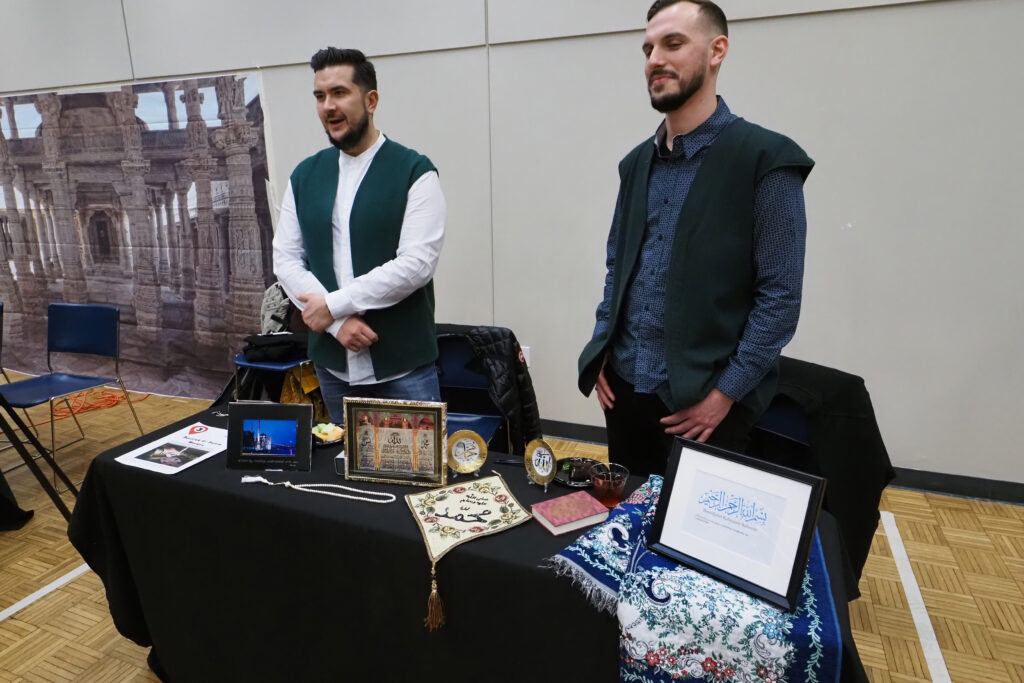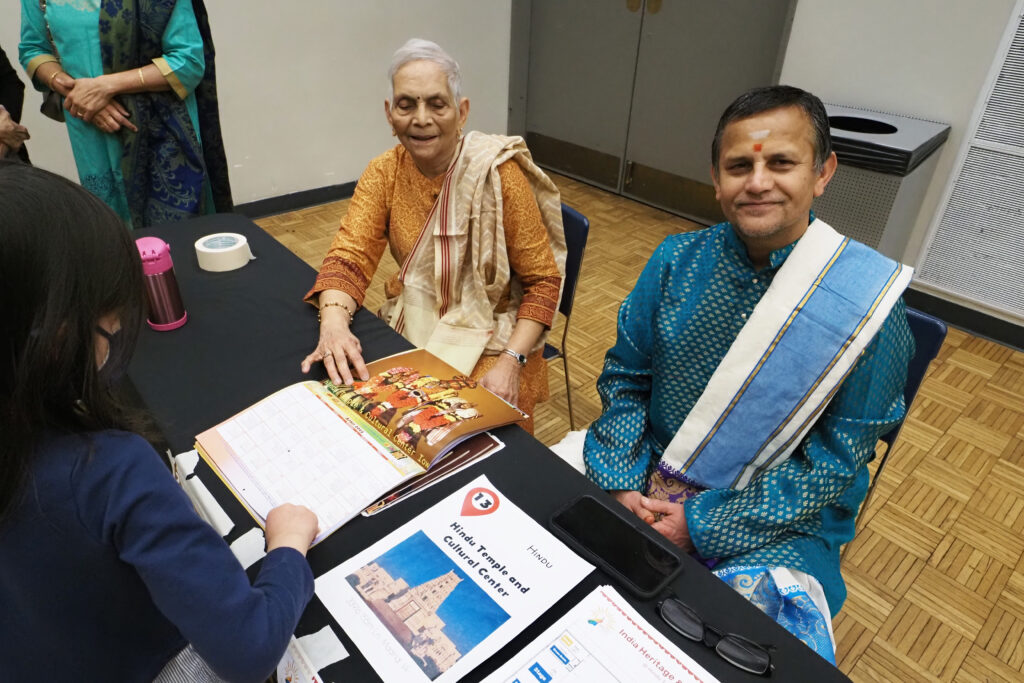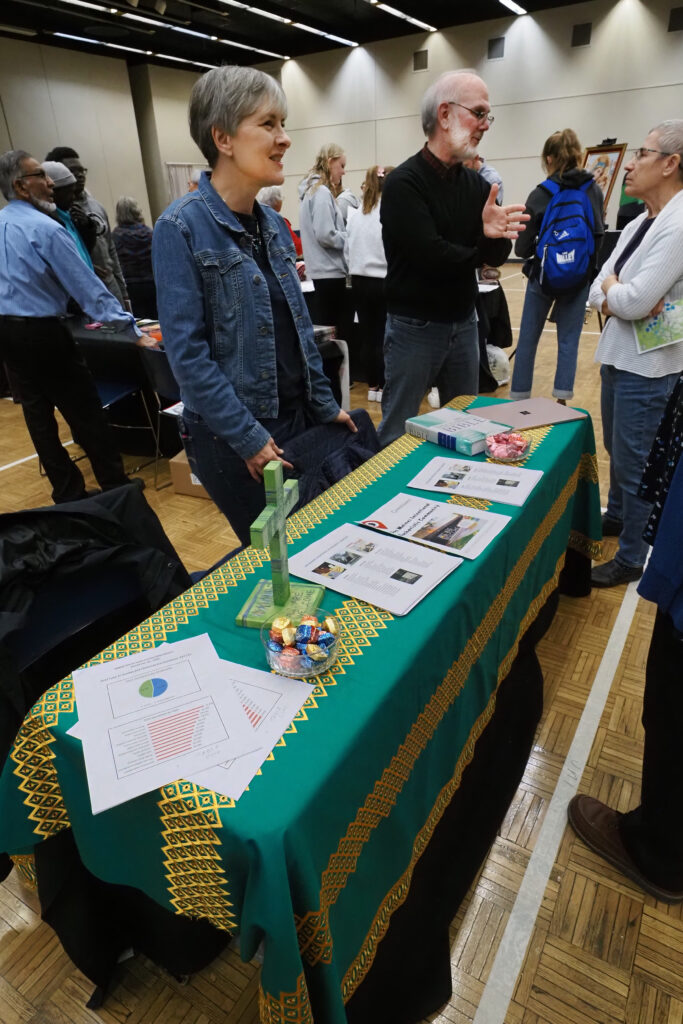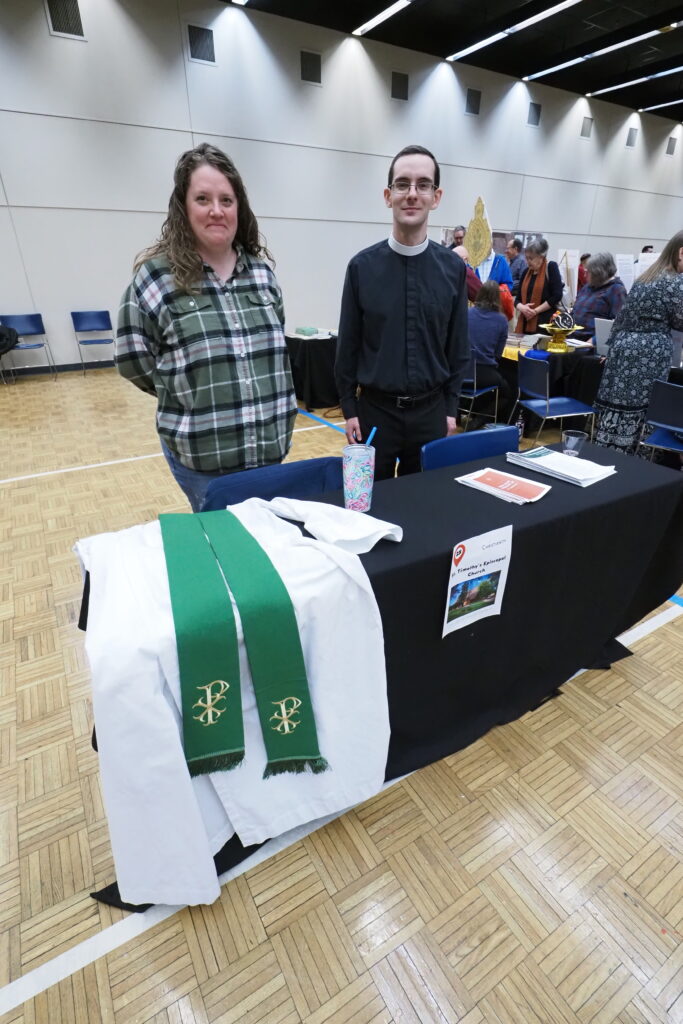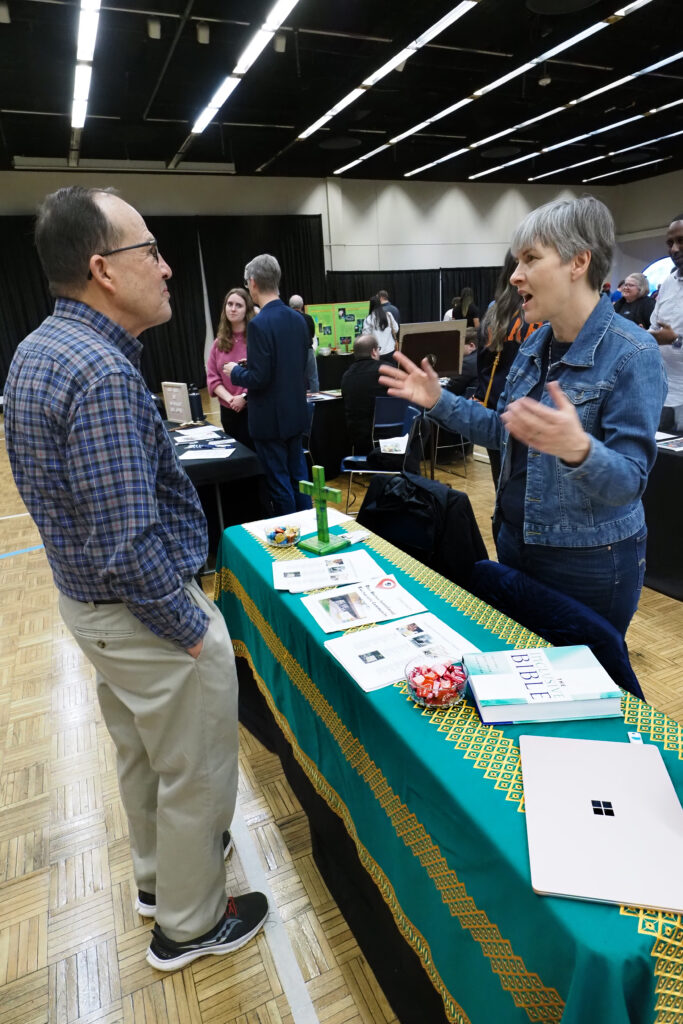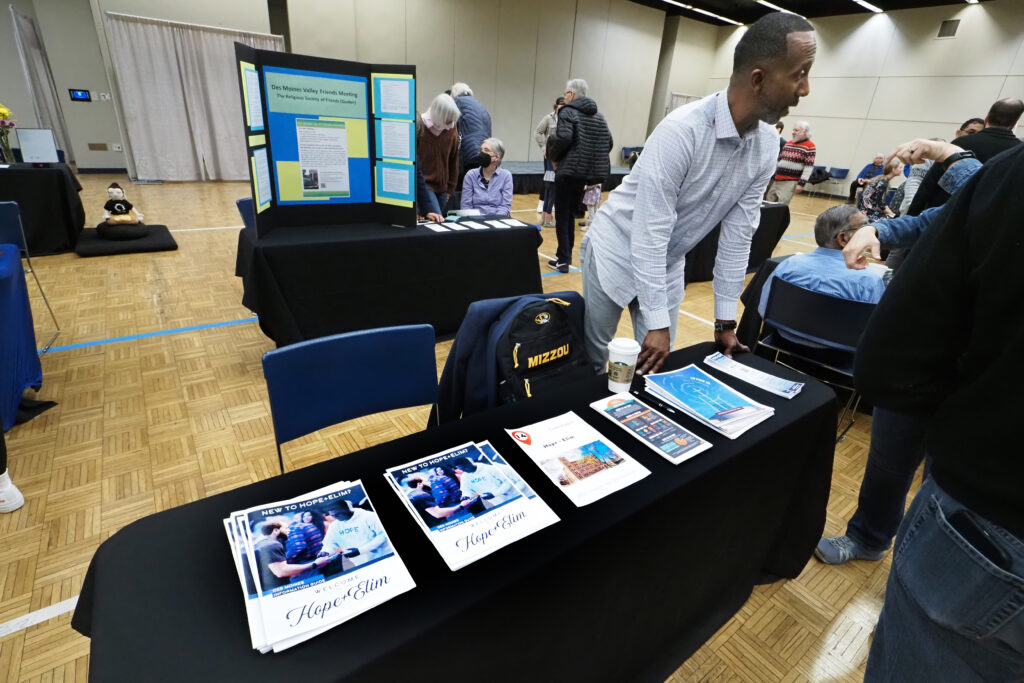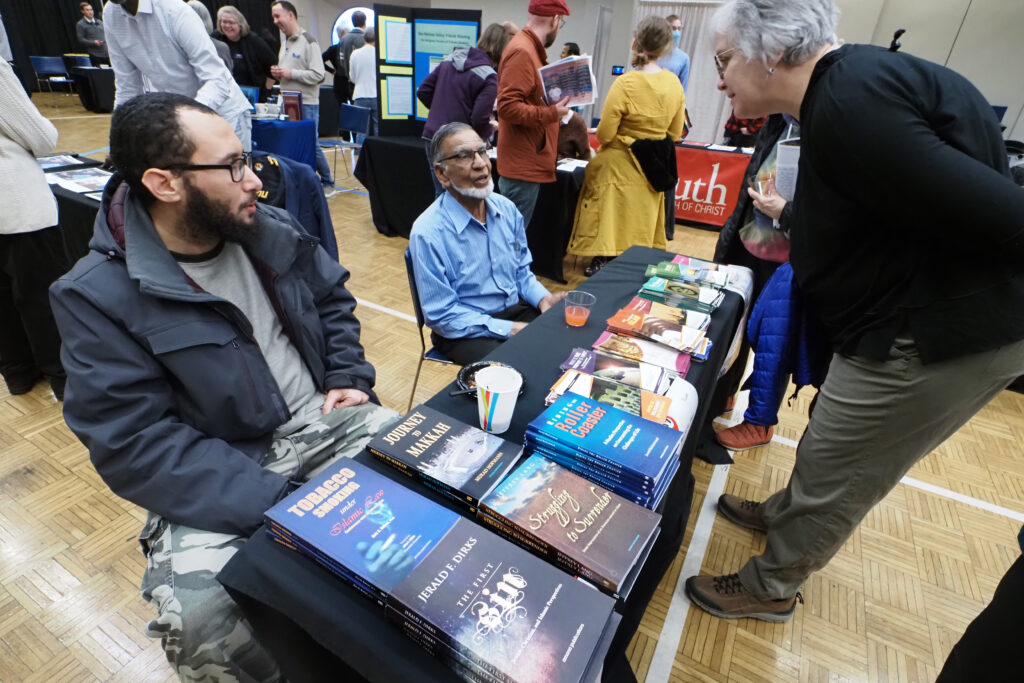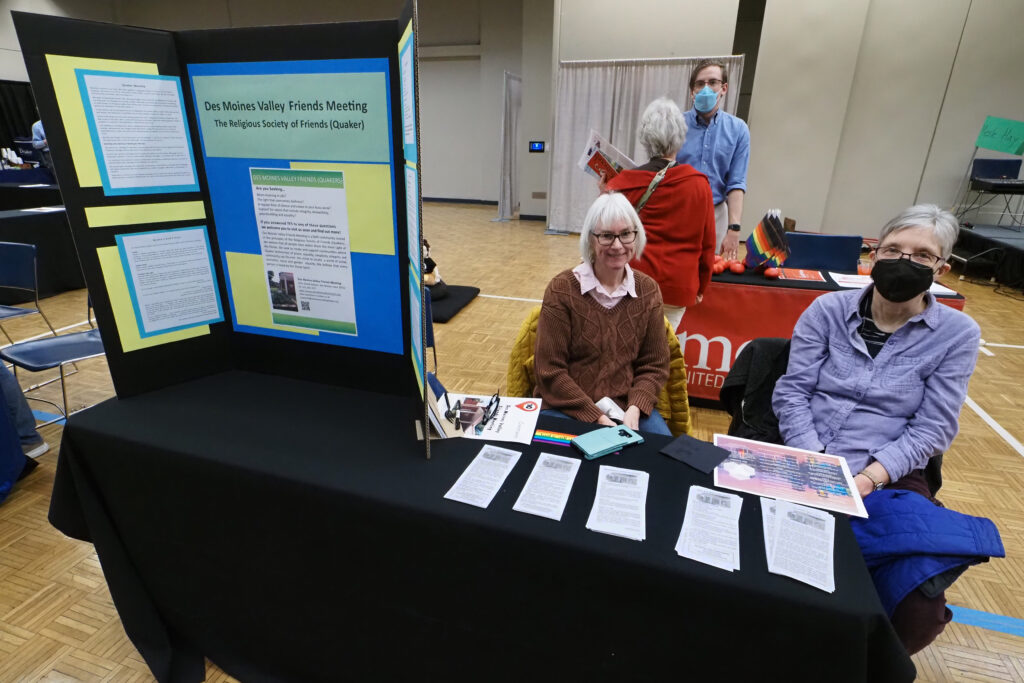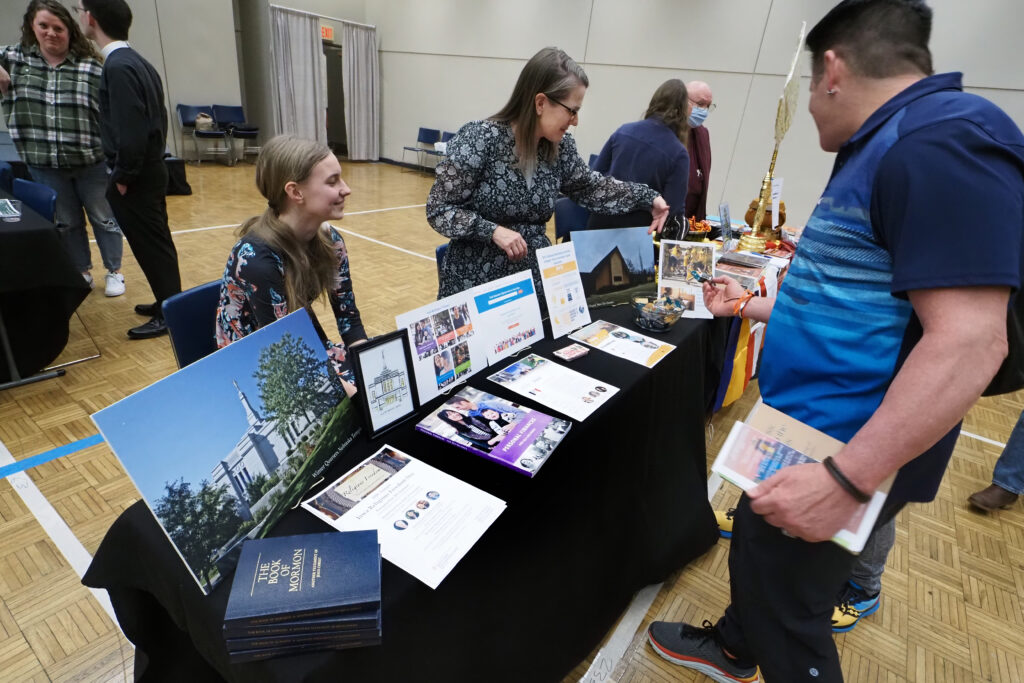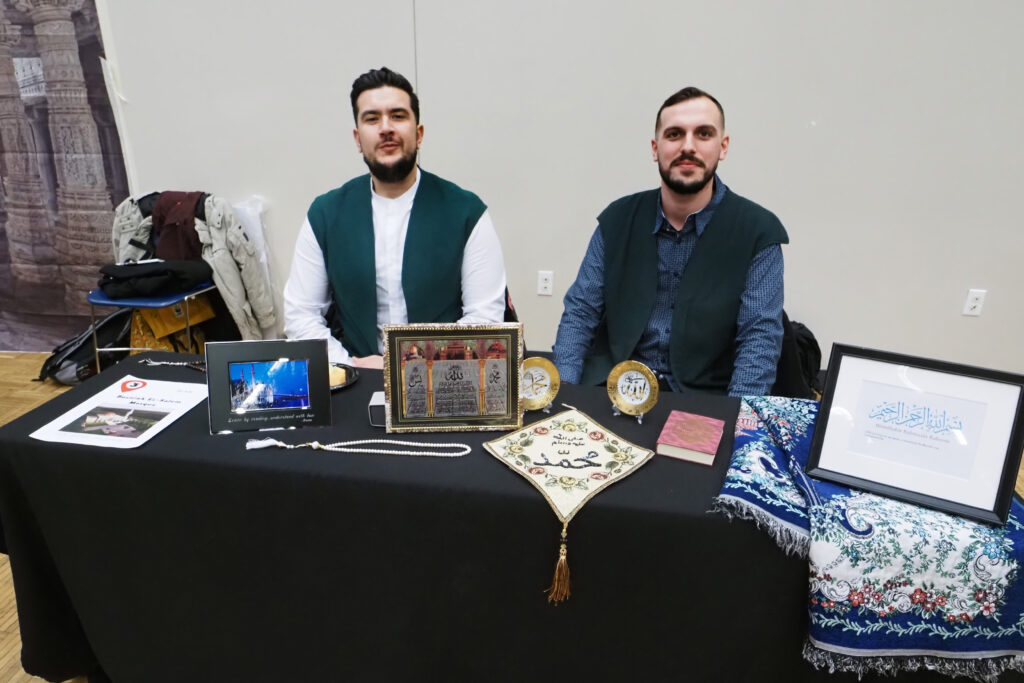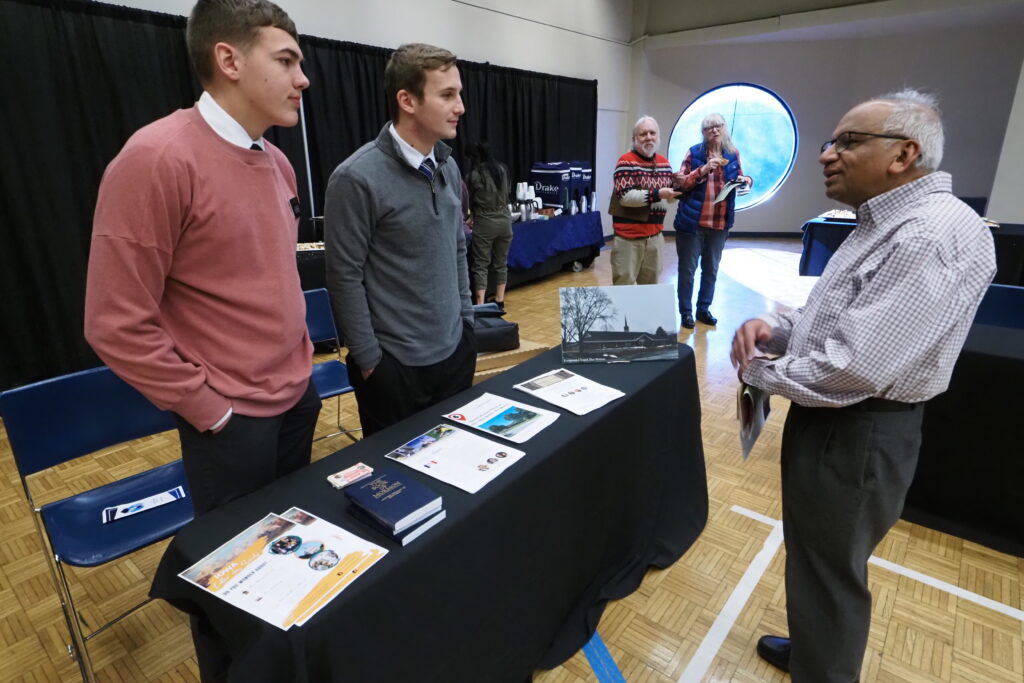On April 20 at 7:00 pm, in the Reading Room of Cowles Library, Zhange Ni, Associate Professor of Religion and Literature at Virginia Tech University, will lecture on “Gender, Sexuality, and Digital Immortality: What Would Women’s Fantasy Novels from Contemporary China Contribute to Transhumanism?”
Zhange Ni received her Ph.D. in Religion and Literature at University of Chicago Divinity School (2009). She is currently an associate professor in the Department of Religion and Culture, Virginia Tech. She was a research associate of the Women’s Studies in Religion Program at Harvard Divinity School (2010-2011) and a research fellow at theNantes Institute for Advanced Study in France(2021-2022). She has published The Pagan Writes Back: When World Religion Meets World Literature (2015), Religion and the Arts in The Hunger Games (2020), and articles in journals such as Journal of Religion, Journal of American Academy of Religion, Literature and Theology, and Zygon: Journal of Religion and Science. She is working on a new book manuscript, tentatively entitled The Cult of Fiction in the Age of the Internet: Chinese Religions, Digital Capitalism, and the Fantasy Boom in Contemporary China. One particular popular genre she has been studying is “immortality cultivation” (xiuzhen, 修真), which encapsulates transhumanist imaginaries with Chinese characteristics.
“Female Alchemy in an Informatic Cosmos: Religion, Gender, and Transhumanism in Chinese Women’s “Immortality Cultivation” Novels. ”Contemporary China, a major player in the global game of digital capitalism, is witnessing a boom of genre fiction produced and consumed in an interactive online environment. One of the most popular genres is “immortality cultivation” (xiuzhen, 修真), a term borrowed from the Daoist tradition of “inner alchemy” (neidan 內丹) and originally referring to the purge of the human body of its imperfection through medicinal, meditative, and moral practices to make it immortal. Immortality cultivation novels today have radically reimagined Daoist alchemy, fusing it with established and emerging bio-digital technologies to enact transhumanist visions of Chinese characteristics. The main difference between American transhumanism—a social and intellectual movement striving to transcend the limitations of the human body, or even any physical form altogether, through technological means—and the Chinese quest for immortality, currently a thought experiment conducted in the realm of popular fiction, is that the latter does not endeavor to abandon the body. Instead, the body is valued as a microcosm resonating with larger environments such as the state and the cosmos. As the body is to be preserved, sexual and other intersectional differences that mark the body are not to be transcended. A separate tradition of “female alchemy” (nvdan, 女丹) aimed at enhancing the female body emerged in the seventeenth century. In the twenty-first century, a particular sub-type of cultivation novels, written and read primarily by women, are grouped under the title “immortality cultivation of the female frequency” (nvpin xiuzhen, 女频修真). These novels conscientiously wrestle with issues of gender, sexuality, and reproduction in their transhumanist imaginaries. They are worthy of our critical attention because they are directly indebted to the efforts made by Chinese alchemists and scientists to merge traditional Chinese cosmology and information sciences. Even more interestingly, these novels may help us to reconcile transhumanism and material feminism that is critical of the mainstream transhumanist rejection of body, nature, and matter. If we adopt an informatic cosmology that truly disrupts the divides between body and mind, nature and culture, matter and spirit, the achievement of immortality does not have to take the “mind deeper than matter” route. Materiality consists of dynamic and indeterminate processes and promises an alternative type of immortality.
Here is the PPT and audo of Dr. Ni’s lecture:
And here is a video recording of Seth Villegas’s response to Dr. Ni’s lecture:
